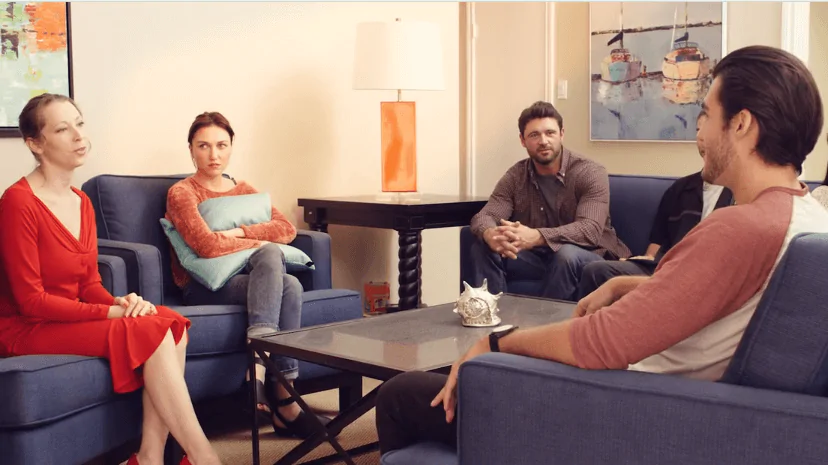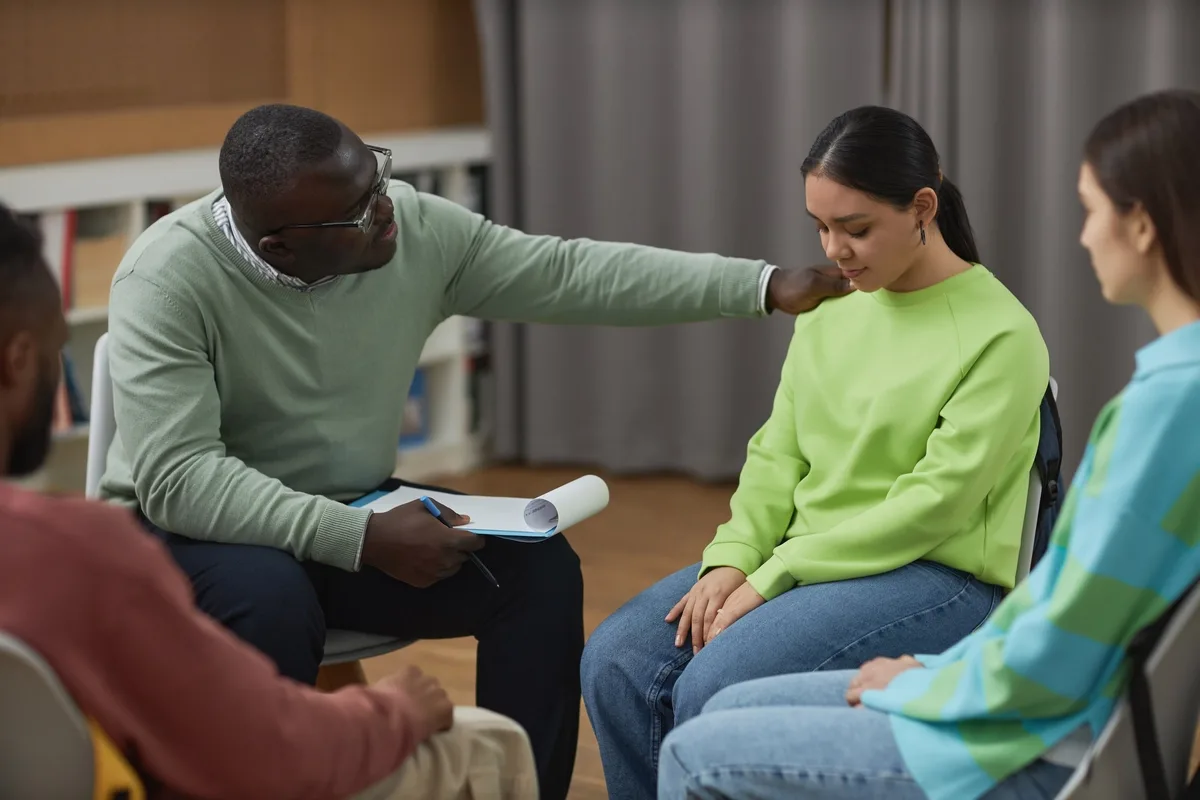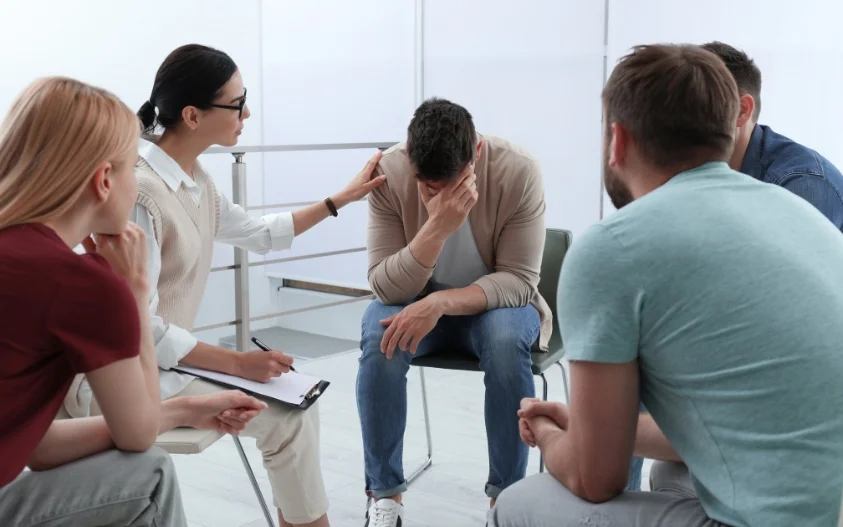24/7 Helpline:
(866) 899-221924/7 Helpline:
(866) 899-2219
Learn more about Outpatient Rehab centers in Red Wing
Outpatient Rehab in Other Cities

Other Insurance Options

EmblemHealth

CareFirst

Holman Group

Health Net

BlueShield

Oxford

Aetna

MHNNet Behavioral Health

Regence

PHCS Network

Lucent

Absolute Total Care

Access to Recovery (ATR) Voucher

Anthem

Molina Healthcare

BHS | Behavioral Health Systems

Optima

American Behavioral

AllWell

GEHA


Wenden Recovery Services
Wenden Recovery Services is a private rehab located in Red Wing, Minnesota. Wenden Recovery Services...

Common Ground Treatment
Common Ground Treatment is a private rehab located in Red Wing, Minnesota. Common Ground Treatment s...





































































Southern Highlands CMHC
Southern Highlands CMHC is a private rehab located in Welch, West Virginia. Southern Highlands CMHC ...

Southern Highlands Community Mental Health Center
Southern Highlands Community Mental Health Center offers regular physician's services, OBMAT, DUI cl...

















































